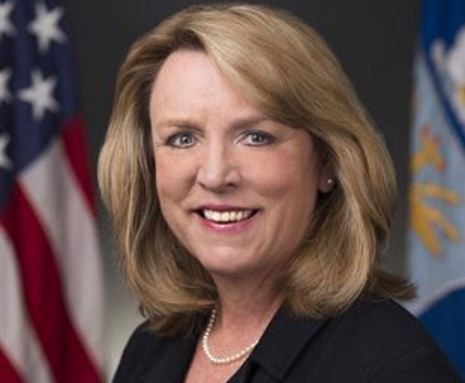Russia, and not China, is the most dangerous threat to the existence of the United States, said U.S. Secretary of the Air Force Deborah James.
Russia's military power, including its nuclear arsenal, makes Vladimir Putin's Russia "the number one" existential threat to the United States, said James at the fourth Reagan National Defense Forum held recently in Simi Valley, California.
"Russia is the number one threat to the United States," said James.
"We have a number of threats that we're dealing with, but Russia could be, because of the nuclear aspect, an existential threat to the United States,"
James also accused Russia of conducting cyber attacks against the U.S. and expressed deep concern about a rising string of military confrontations between the two countries.
She also made the same warning about Russia in 2015. During a series of visits to U.S. allies in Europe, James said she considers Russia as the biggest threat to U.S. national security.
She also said America must boost its military presence throughout Europe even as NATO faces budget challenges and scale back spending.
James said the U.S. was responding to Russia's "worrisome" actions by boosting its presence across Europe.
"This is no time to in any way signal a lack of resolve in the face of these Russian actions," she said.
She acknowledged Europe was facing difficult immigration and economic challenges, but said NATO and associated commitments should be a clear priority for the U.S.
James also said the Air Force is continuing its effort to reduce U.S. reliance on Russian RD-180 rocket engines for military and intelligence satellite launches.
She also noted the Air Force is working hard to defend its weapons systems and networks against growing cyber attacks, much of this from Russia. James said the Air Force was cataloging weapons and IT systems to detect any possible vulnerabilities while also working to set up 39 cyber security teams around the U.S.



























